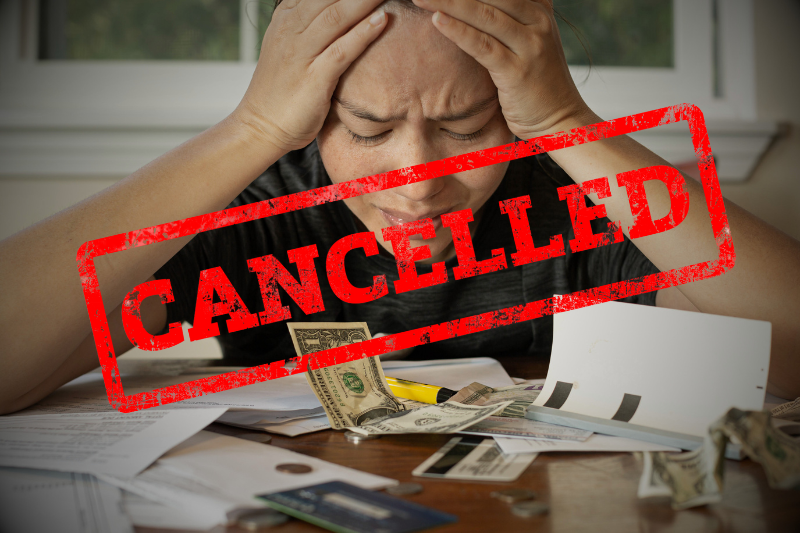So, you’re gearing up to buy a home in the Houston suburbs—maybe in Katy, Sugar…
What is an option fee?
Buying a home can be a complex process, and there are several fees and costs involved that potential home buyers need to be aware of. One of the fees that home buyers may encounter is an option fee. Let’s explore what an option fee is and how it works.
In the context of home buying, an option fee is usually paid by the buyer to the seller shortly after a purchase agreement is signed. The option fee gives the buyer the right to terminate the contract for any reason within the specified option period. During this period, the seller cannot accept any other offers on the property.
The option fee is typically non-refundable, meaning that if the buyer decides not to proceed with the purchase for any reason, the seller is entitled to keep the fee. However, if the buyer goes through with the purchase, the option fee is usually credited toward the down payment or closing costs.
The amount of the option fee is negotiable between the buyer and seller but is typically a few hundred dollars. The specific amount can vary depending on the local real estate market conditions and the seller’s preference.
It’s important to note that an option fee is different from an earnest money deposit, which is a larger sum of money paid by the buyer to show good faith and commitment to the purchase of the property. While an option fee is usually a few hundred dollars, an earnest money deposit can be several thousand dollars.
So why would a buyer want to pay an option fee? There are a few reasons. First, it gives the buyer time to further inspect the property and ensure that it meets their needs and expectations. Second, it provides a level of protection for the buyer in case something unexpected comes up during the option period, such as a major repair issue with the property. Finally, it can be a way for the buyer to show the seller that they are serious about the purchase and willing to put some money on the line.
In conclusion, an option fee is a fee paid by a potential home buyer to the seller in exchange for the right to terminate a purchase contract for a specified period without penalty. It is typically non-refundable but is usually credited toward the down payment or closing costs if the buyer goes through with the purchase. While an option fee is different from an earnest money deposit, it can provide some of the same benefits for the buyer. Home buyers should be aware of this fee and understand how it works before entering a purchase contract.





